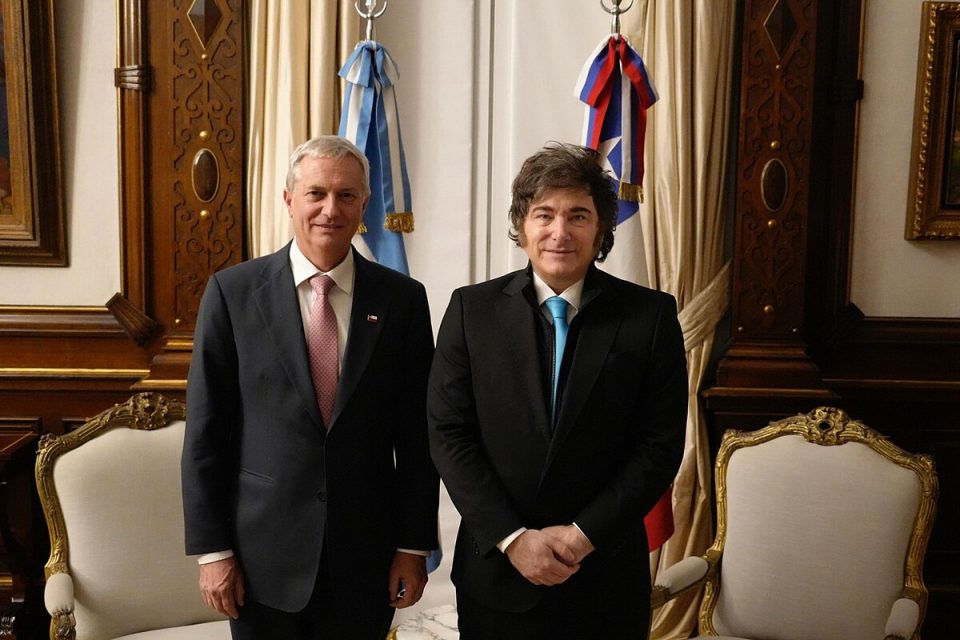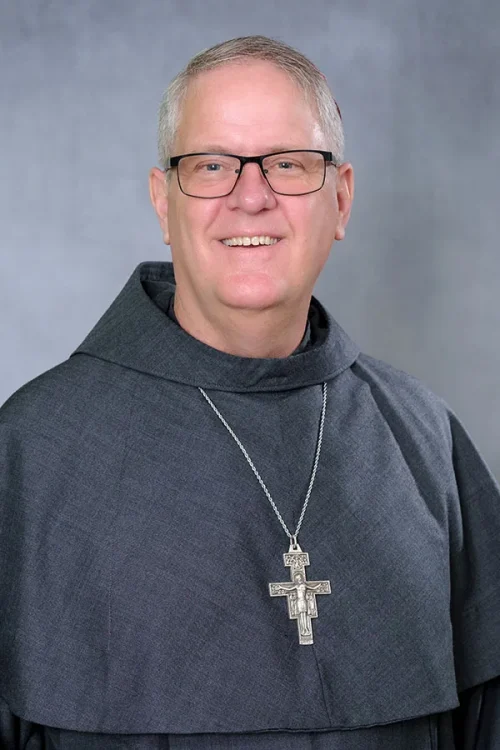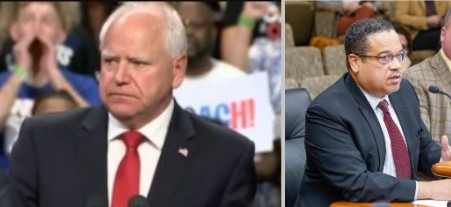The Liberal and Flawed Roots of Tiresome Synodal Grievances, by Larry Chapp

Memorial of Our Lady of the Rosary, by M.C. Holbrook
October 7, 2024
Msgr. Charles Pope: Marriage Is a Miracle! A Homily for the 27th Sunday of the Year
October 7, 2024
Delegates to the Synod on Synodality meet in the final days of the synod, Oct. 25, 2023. | Credit: Vatican Media
By Larry Chapp, Catholic World Report, Oct. 5, 2024
Dr. Larry Chapp is a retired professor of theology. He taught for twenty years at DeSales University near Allentown, Pennsylvania. He now owns and manages, with his wife, the Dorothy Day Catholic Worker Farm in Harveys Lake, Pennsylvania. Dr. Chapp received his doctorate from Fordham University in 1994 with a specialization in the theology of Hans Urs von Balthasar. He can be visited online at “Gaudium et Spes 22”.




